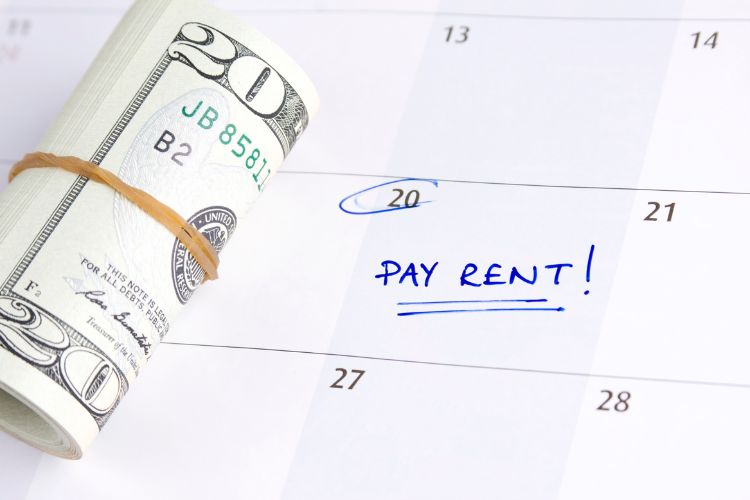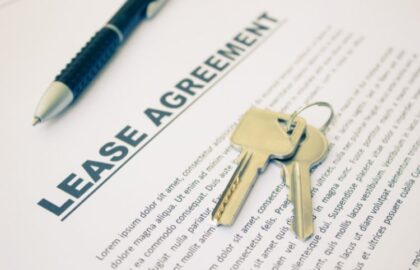
As a property owner, selecting the right property manager is crucial to the success of your rental investment. Property managers are responsible for handling the day-to-day operations of your rental properties, from tenant screening to rent collection and property maintenance.
With their expertise and experience, they play a vital role in maximising your rental income and protecting the value of your investment.
In this article, we’ll explore the key responsibilities of property managers and how they can help you navigate the complexities of the property market.
What is a Property Manager and What Do They Do?

A property manager is a professional who is responsible for overseeing the day-to-day operations of rental properties on behalf of the property owner. Their primary role is to ensure that the owner’s investment is well-managed and generates a steady rental income.
Property managers handle a wide range of responsibilities, from marketing vacant properties to prospective tenants, to coordinating maintenance and repairs, collecting rent, and managing tenancy agreements.
They’re skilled at tenant screening, ensuring that only suitable tenants are placed in the owner’s properties. Property managers also handle administrative tasks such as updating records, answering enquiries, and attending to any tenancy disputes that may arise.
For owners of commercial properties like retail complexes, offices, and warehouses, property managers play a crucial role in overseeing the leasing and maintenance of these assets.
Their expertise and experience help maximise the rental income and protect the value of the owner’s investment in the property market.
How Can a Property Manager Help You as a Landlord?
As a landlord, managing rental properties can be a complex and time-consuming task. This is where a property manager can be invaluable in helping you navigate the responsibilities of property ownership.
Tenant Screening and Placement
One of the primary responsibilities of a property manager is to handle the tenant screening and placement process.
They have the expertise to thoroughly vet prospective tenants, ensuring that only suitable candidates are placed in your properties. This includes verifying their identification, income, and rental history to minimise the risk of late payments or property damage.
Rent Collection and Arrears Management
Collecting rent on time can be a challenge for landlords, but a property manager takes care of this task on your behalf.
They will establish clear rent payment procedures, follow up on any late payments, and take the necessary steps to address arrears, should they occur. This helps to maintain a steady rental income for you as the property owner.
Maintenance and Repairs

Keeping your rental properties in good condition is crucial, both for tenant satisfaction and to protect the value of your investment.
Property managers coordinate all maintenance and repair work, liaising with contractors and tradespeople to ensure timely and high-quality service. They also conduct regular property inspections to identify any issues that need to be addressed.
Landlord Insurance Assistance
Choosing the right landlord insurance policy is an important consideration for any property owner. Property managers can provide valuable guidance on the appropriate coverage for your rental properties, helping you to select a policy that meets your specific needs.
Lease Management
Preparing and managing lease agreements is a complex legal matter, and property managers have the expertise to ensure that all tenancy documentation is compliant with relevant legislation. They will handle the draughting and signing of leases, as well as any necessary amendments or renewals.
Tenant Dispute Resolution
Inevitably, there may be times when disputes arise between you and your tenants. Property managers are skilled in conflict resolution, and they can act as an intermediary to help find mutually beneficial solutions. If necessary, they can also represent you in any tribunal proceedings.
Administrative Tasks
Managing the day-to-day administrative tasks associated with rental properties can be time-consuming for landlords. Property managers take care of these responsibilities, from updating records to attending to phone and email enquiries from tenants.
How to Hire the Right Property Manager for You
When it comes to managing your rental properties, choosing the right property manager is crucial. Here are some key considerations to help you select the best fit for your needs:
Research and Reviews
Before making a decision, thoroughly research potential property managers and read online reviews to gauge their reputation and the level of satisfaction among their current and former clients.
Request references from the managers themselves to get a better understanding of their track record and the quality of their service.
Communication

Effective communication between you and the property manager is paramount. Discuss and agree on the frequency and method of communication to ensure transparency and alignment of expectations throughout the management process.
Fees and Charges
Enquire about the property manager’s fees and any additional charges, such as those for repairs and maintenance. While extremely low fees may seem tempting, they could indicate potential drawbacks, such as inadequate staffing or service quality.
Property Management Practises
Assess the property manager’s overall approach to business and evaluate factors such as their punctuality in rent payments, tenant screening processes, rental return assessment, and handling of repairs, emergencies, and inspections.
Continuous Evaluation
It’s important to regularly assess the performance and satisfaction level with your chosen property manager. Be open to switching managers if you believe there’s a better option available or if you’re unsatisfied with the current level of service.
FAQs
Do you need a Licence to be a property manager in Australia?
Yes, in Australia, property managers are required to have a licence in order to operate legally.
The process typically involves completing a property management course and passing an exam before applying for the licence.
What is the biggest challenge of a property manager?
One of the biggest challenges property managers face is effectively balancing the competing needs and expectations of both property owners and tenants, while ensuring compliance with relevant legislation and maintaining the profitability of the rental properties.
To Sum Up
Our post has explored the key responsibilities of property managers, including tenant screening, rent collection, property maintenance, and dispute resolution.
We’ve also provided guidance on how to hire the right property manager to effectively manage your rental properties and protect your investment.








